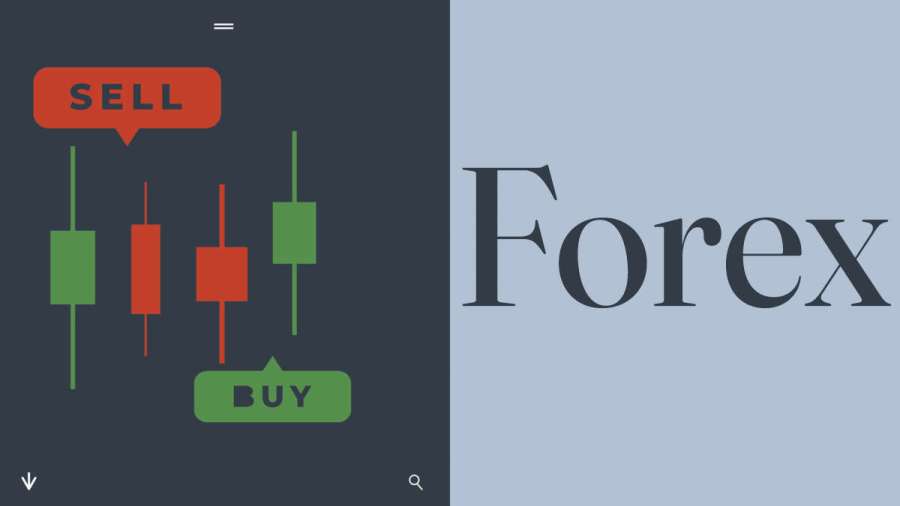The Forex market, or foreign exchange market, is the largest financial market in the world in which different currencies are exchanged. This market has attracted the attention of economic activists due to its features such as high trading volume, fast liquidity, easy access, and no need for large initial capital.
In Forex, in addition to exchanging currencies, other trading symbols such as metals, energy resources, commodities, stocks of listed companies, stock indices, and digital currencies are also traded. Various trading methods such as leverage, reverse trading, and overnight swaps are common in this market, each of which requires separate jurisprudential examination.
From the perspective of contemporary jurisprudence, simple currency exchange transactions are without problems; however, given the complexities and recent developments in the Forex market, it is necessary to carefully examine the nature and method of its transactions. Some studies have analyzed the jurisprudence of this market and examined its legitimacy or illegitimacy based on primary and secondary evidence. In general, the authenticity of most transactions in the Forex market can be confirmed by observing certain conditions; however, some transactions require greater accuracy and caution due to the existence of jurisprudential doubts.
Given the legal prohibition of Forex transactions in Iran and the jurisprudential complexities associated with it, more research is needed to accurately explain the Islamic and legal rulings of this market so that economic actors can operate in this field with full awareness.
To read this entry in full and access the original text, you can refer to the following link:
Forex Entry – Encyclopedia of Contemporary Jurisprudence

